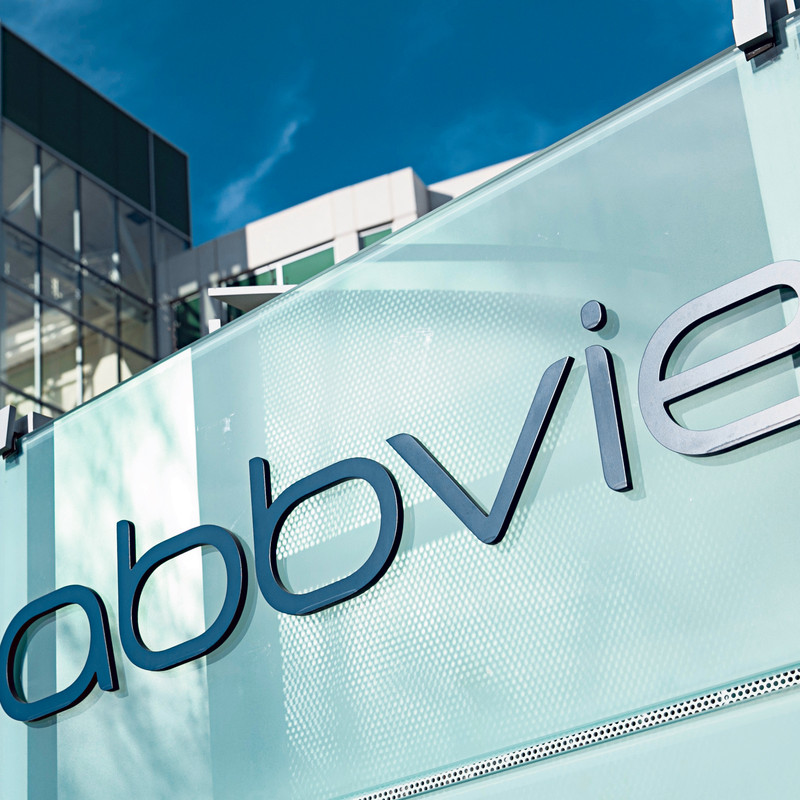
AbbVie, a global biopharmaceutical company, announced that the European Committee for Medicinal Products for Human Use (CHMP) has granted a positive opinion for VENCLYXTO (venetoclax) tablets for the treatment of chronic lymphocytic leukaemia (CLL) in the presence of 17p deletion or TP53 mutation in adult patients who are unsuitable for or have failed a B-cell receptor pathway inhibitor; and for the treatment of CLL in the absence of 17p deletion or TP53 mutation in adult patients who have failed both chemo-immunotherapy and a B-cell receptor pathway inhibitor. The European Commission will review the opinion and make a final decision in late 2016. VENCLYXTO is being developed by AbbVie and Genentech, a member of the Roche Group.
“People living with CLL who have failed other treatments or who harbor the 17p deletion or TP53 mutation have limited options and typically a poor prognosis. Today’s CHMP positive opinion marks a major step forward for these patients,” said Michael Severino, M.D., executive vice president of research and development and chief scientific officer, AbbVie. “This innovation delivers on AbbVie’s promise to develop cancer medicines where an unmet need exists. We will continue to work with European regulators to make venetoclax available to appropriate CLL patients.”
CLL, a cancer of the bone marrow and blood, is typically a slow-progressing cancer. The 17p deletion – a genomic alteration in which a part of chromosome 17 is absent – is found in 3 to 10 percent of previously untreated CLL cases and up to 30 to 50 percent of relapsed or refractory CLL cases. A TP53 mutation occurs in 8 to 15 percent of patients at first-line treatment and up to 35 to 50 percent of cases in refractory CLL. Those with the 17p deletion or TP53 mutations often have a particularly poor prognosis and a median life expectancy of less than two to three years with current standard-of-care regimens.
The positive CHMP opinion is a scientific recommendation for conditional marketing authorization to the European Commission. Review of the Marketing Authorization Application (MAA) is being conducted under the centralized licensing procedure. The European Medicines Agency (EMA) grants conditional marketing authorization to medicines in the interest of public health where the benefit of its immediate availability to patients outweighs the risk due to the need for additional data. If approved, the authorization will be valid in all 28 member states of the European Union, as well as Iceland, Liechtenstein and Norway.
Filed Under: Drug Discovery




